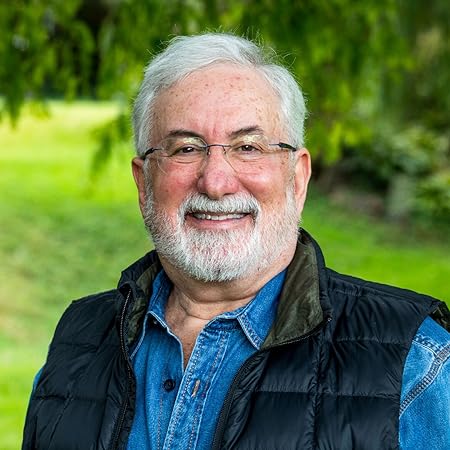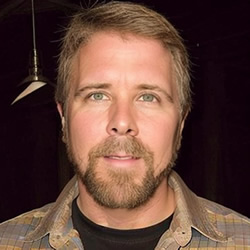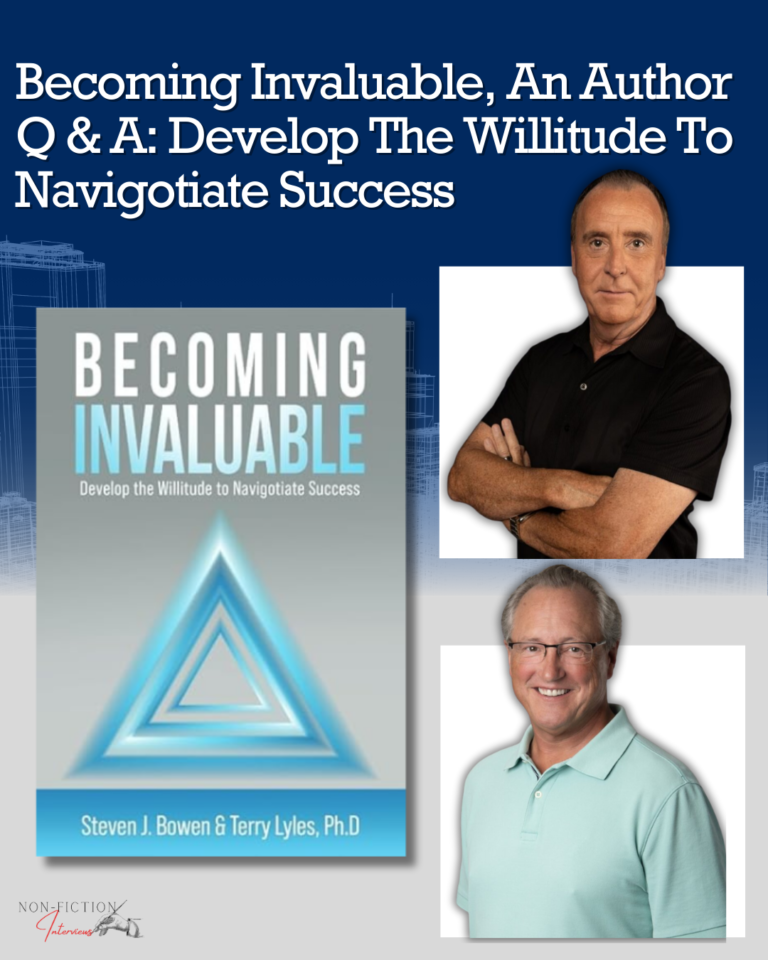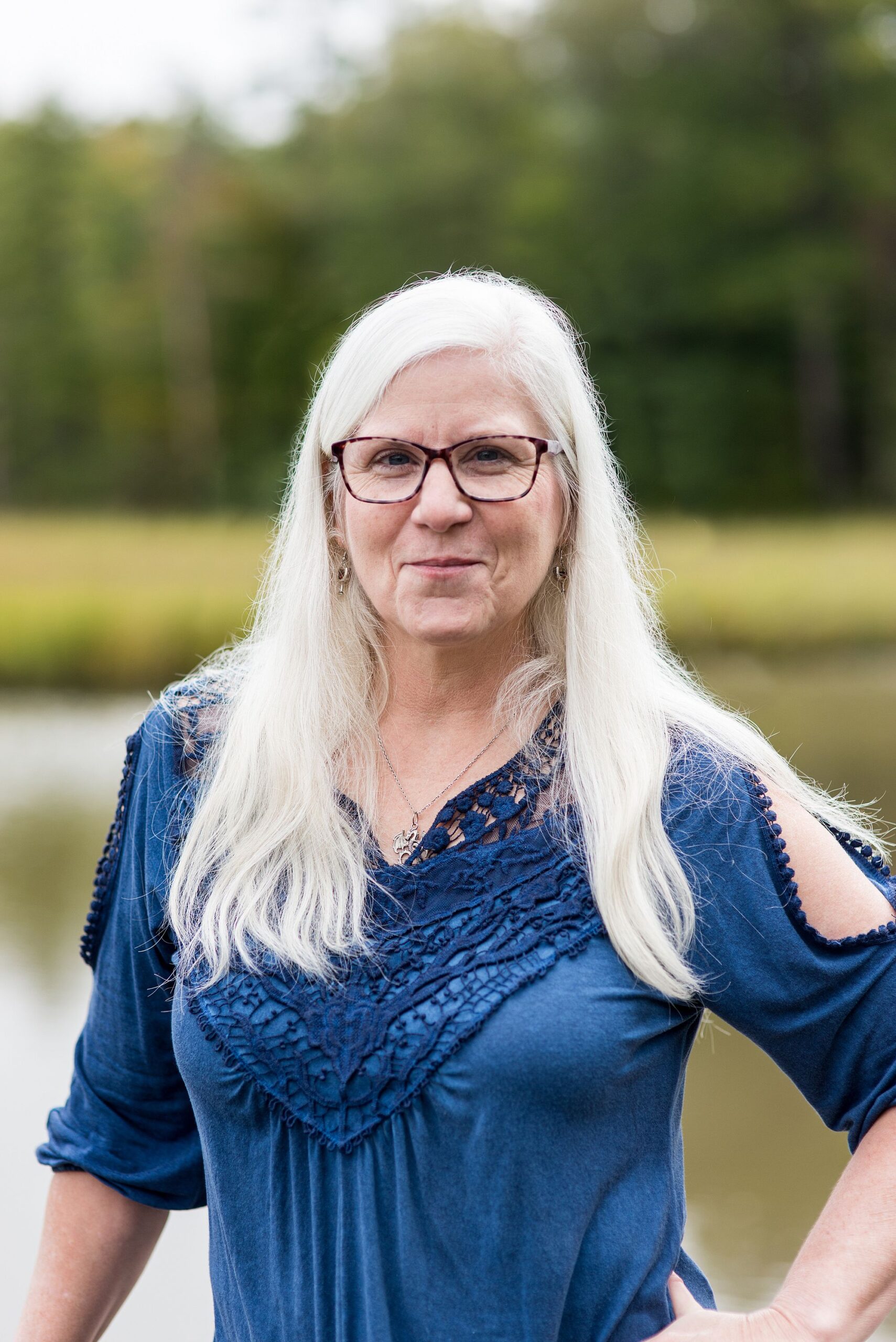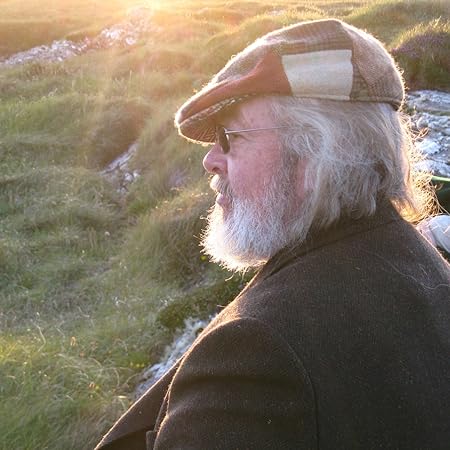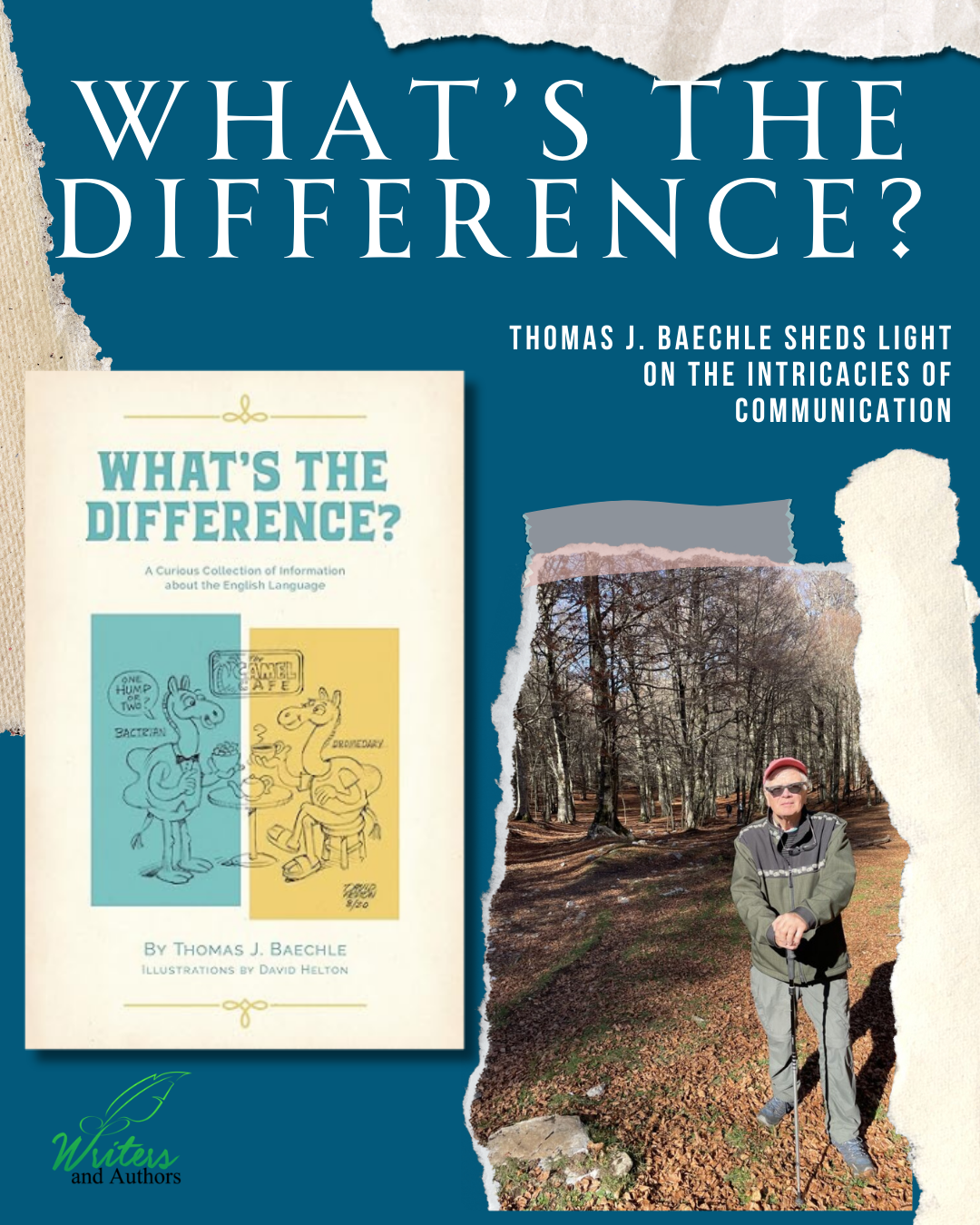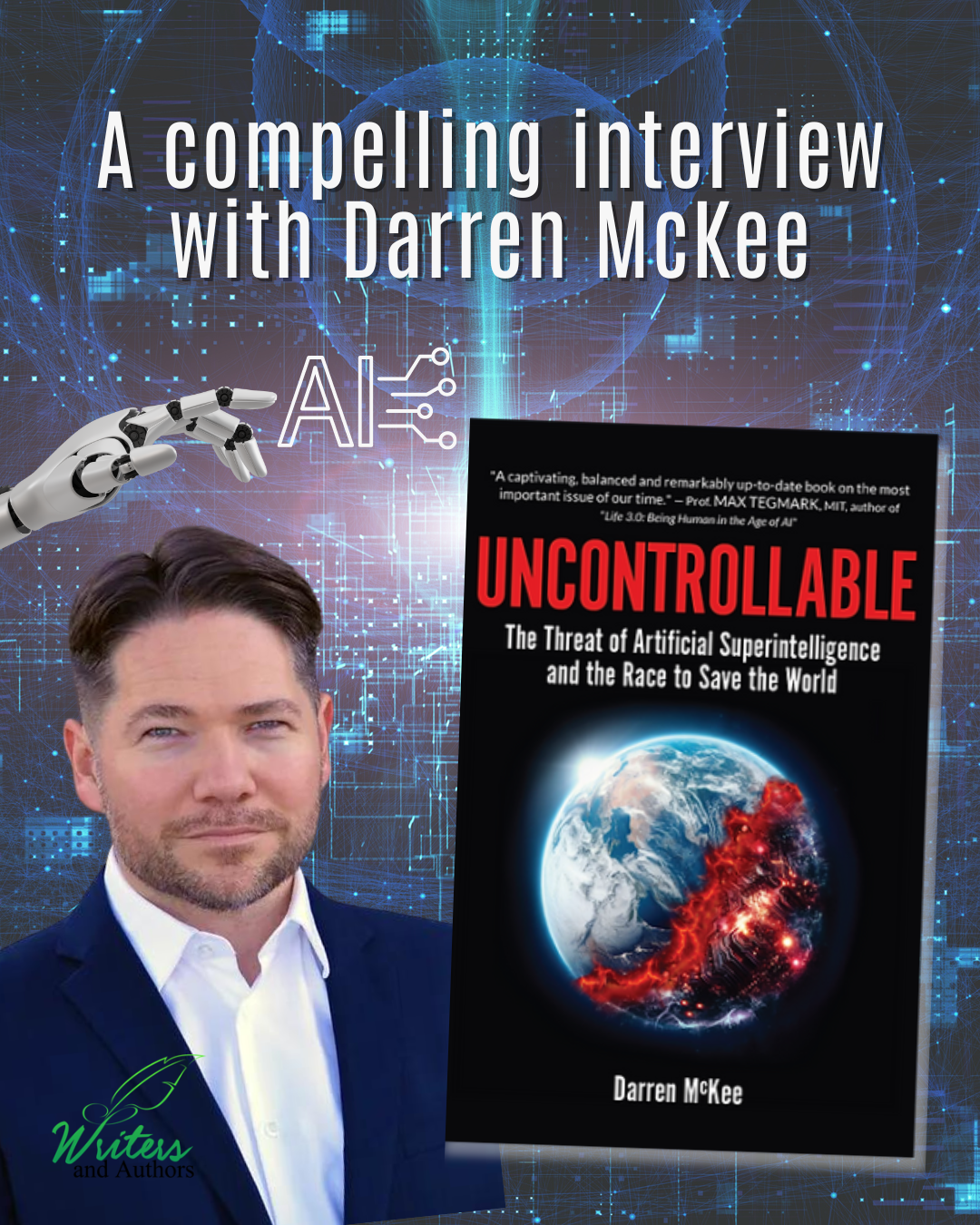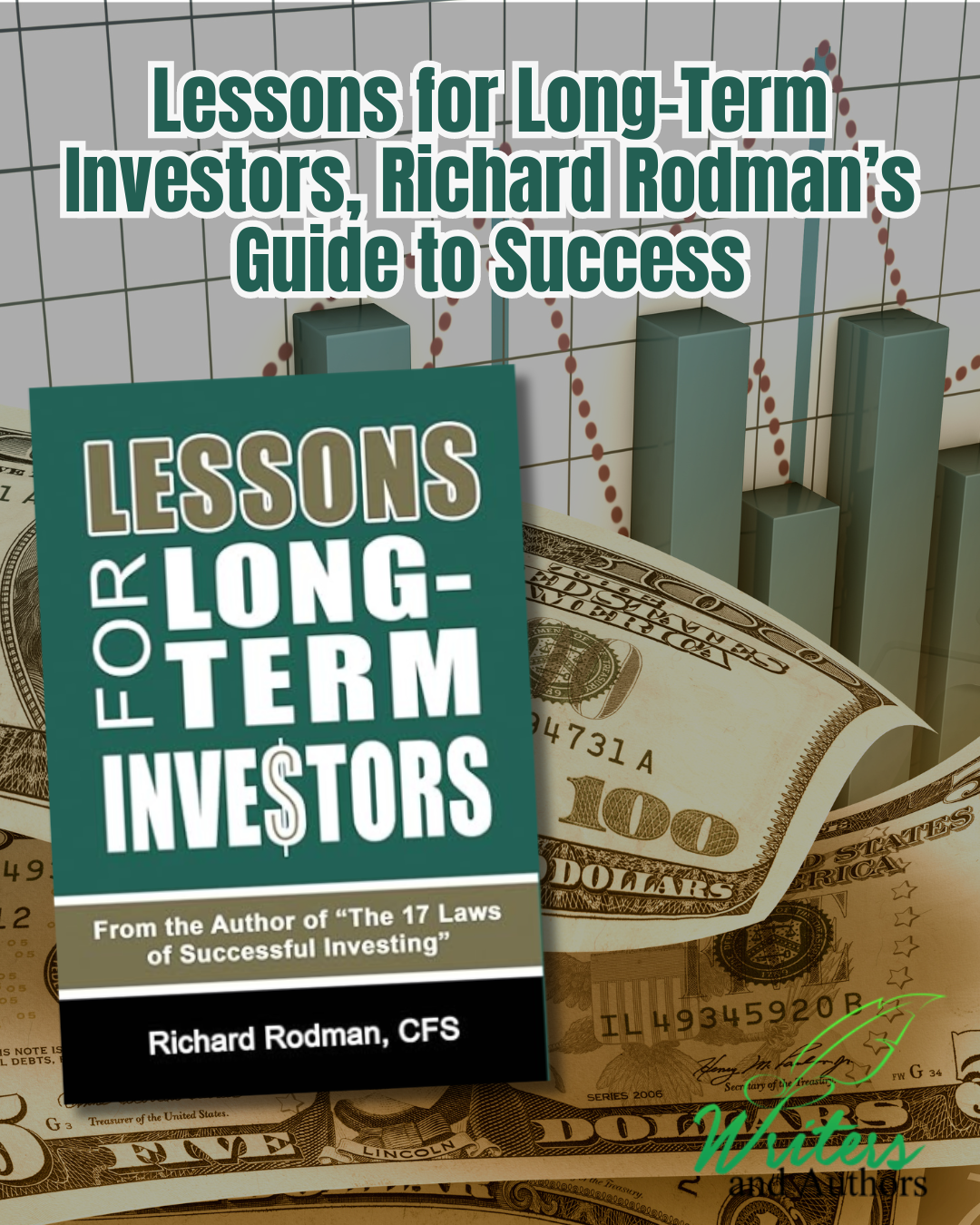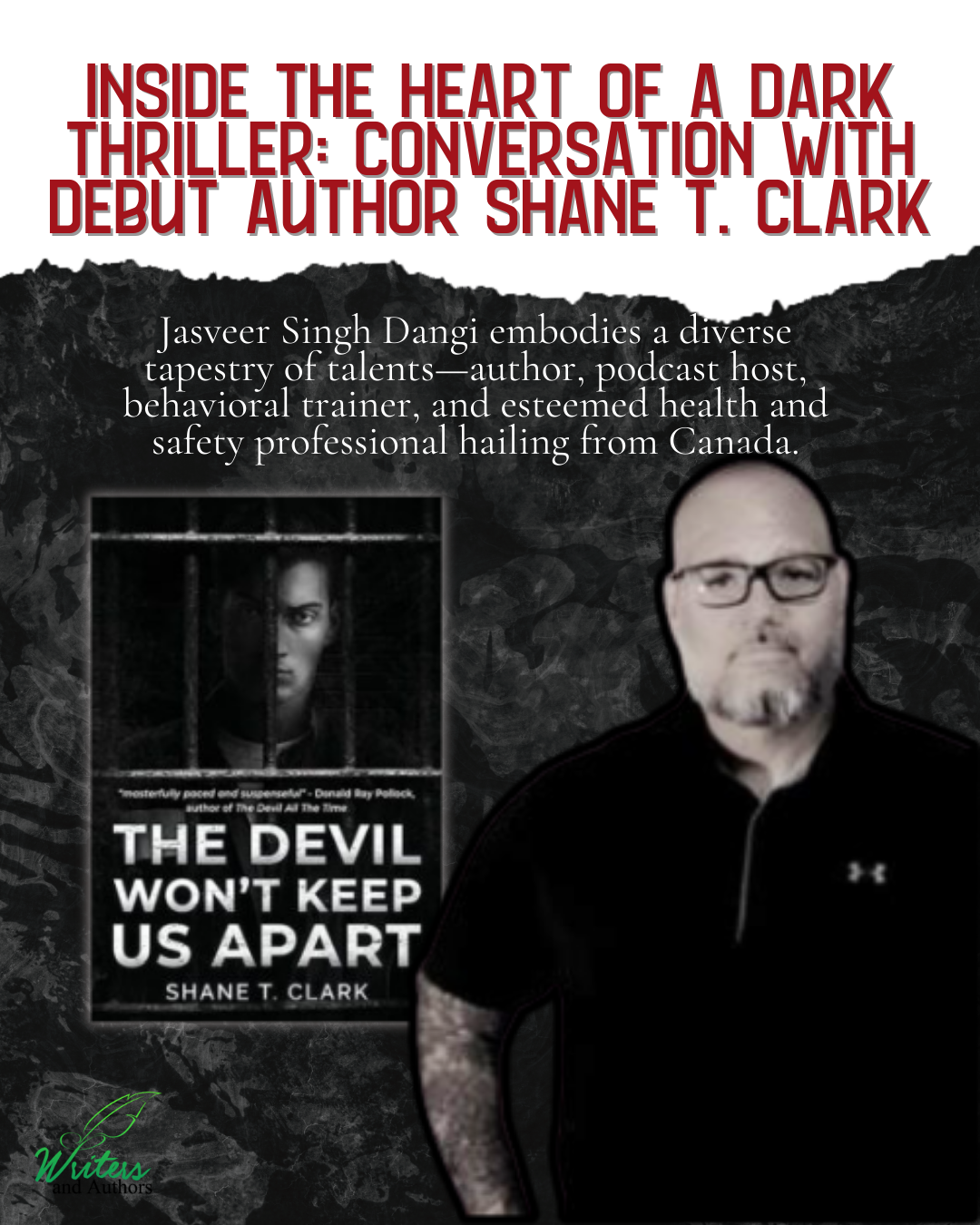Susan Bowman, drawing from over two decades of ministerial experience, possesses a deep understanding of emotional and spiritual restoration. Her journey commenced with a realization that conventional methods often left individuals wrestling with persistent struggles. Delving into the biblical and scientific realms of the heart’s significance, she unearthed a profound truth: our heart shapes our perceptions and experiences. Pioneering a heart-based approach to inner healing, evident in her YouTube channel and books, she illuminates a transformative path to sustained and life-altering healing. Today, she generously shares these insights, offering hope for enduring freedom and profound spiritual growth.
Can you tell us about the inspiration behind writing The Performing Heart? What prompted you to explore the theme of relentless performing and God’s rest?
Indeed. This is an easy question. All of us, to one degree or the other, suffer from performance orientation. That is, we worry that we are not acceptable to others or to God. So, we try to make ourselves acceptable by becoming someone others will like, admire, and want to be with. When focused on acceptableness, we are self-conscious not other-conscious. Being self-conscious, because it comes with shame, interferes with being able to share our faith in any genuine way. We are so busy trying to hide ourselves and striving to fit in that we are incapable of making an honest connection.
Now, apply this to our relationship with God. We are afraid to be our messy selves with Him—the One we should feel most safe with—because we fear rejection. So, we present ourselves to Him as the person we think He wants us to be. It’s fake, and absolute death to any positive genuine connection to God. We spend our life performing for Him and never relaxing into Him. I realize that dropping the act and relaxing into God may sound scary. But once you learn how to retrain the belief system held within the heart, a belief system developed during earliest childhood, you can begin to trust God with your messy self. I have a friend who attends AA. She describes the people there as a glorious mess.
What an act of faith to just be yourself with God, to be a glorious mess. To trust Him that much.
In your book, you discuss the concept of relentless performing. Can you explain what this term means and why it’s a significant issue in today’s society?
By relentless performing, I mean shame-based and compulsory performance for acceptance. John Sandford, the founder of Elijah House and apostle of the modern inner healing movement, warned that crisis was coming to a society that expelled fathers from the family; that we were creating a generation of young people without identity or empathy. And while that is true, let’s consider what the heart of a fatherless child believes about himself. When our hearts ground us in the belief that we are unwanted, then we are ashamed and afraid to be ourselves. Attention turns inward, minutely examining our performance, making empathic connection impossible. Since we are desperately seeking belonging, we develop no grounded identity. Our identity is to be whoever we need to be to belong.
Because fatherlessness and family fragmentation is a growing problem in society, more and more people believe they are unwanted and without value. They are vulnerable to seeking belonging from predatory people, groups, or organizations that offer belonging but only if you tolerate unacceptable behaviors, do horrible things, or become a slave of the organization. The result is more anxious, relentless performing that often ends in despair, even suicide. Medication and the usual counseling is at best a Band-Aid, because they don’t address the foundational heart belief that is driving the behaviors. If we don’t get to that foundational heart belief, we are not going to be able to help effectively.
How does your personal journey relate to the themes in the book? Were there specific experiences that led you to explore the idea of finding security in God’s rest?
I certainly hadn’t found security in anything other than God. What’s the scripture that says man’s days are like grass? Here today and gone tomorrow. That’s Psalm 103, I believe. Or, as the writer of Ecclesiastes states, “All is vanity.” In this difficult world, we need God, because there isn’t any lasting  security in anyone or anything else. If you are weary and burdened—and who isn’t?—Jesus says to come to Him and He will give you rest. I wanted that rest. A safe person. A safe place. Something that wasn’t here today and gone tomorrow. Since our God is an eternal God, He satisfies my need for security.
security in anyone or anything else. If you are weary and burdened—and who isn’t?—Jesus says to come to Him and He will give you rest. I wanted that rest. A safe person. A safe place. Something that wasn’t here today and gone tomorrow. Since our God is an eternal God, He satisfies my need for security.
The people I prayed with also longed for an eternal sanctuary. So, how to enter this promised rest became the burning question. I am a recovering performance-oriented person. There was little love in my family and no clean affection. There was criticism and strife. Children blame themselves. They ask this question: What is it about me that is making the bad things happen? Inevitably, the child decides that there is something wrong—intrinsically wrong—with him. If he was loved, the significant others in his life would cherish him and behave in healthy ways. Because they don’t, he must not be what they want. That is an oversimplification, but a pretty accurate one.
In my case, I believed that my mother didn’t want me because I was worthless. She was a cold woman, never showing affection. I thought if she loved me, she would show it or, at least, tell me. Not an unreasonable expectation. Since she withheld her love, I decided to earn it by becoming a worthwhile human. And so, the relentless performing began. On her death bed, she asked me if I knew that she loved us (my brother and I). I had to decide how to answer that. Did I tell this dying woman no? That I didn’t think she loved me. She certainly never acted like she loved me. In that moment, I had to decide the least hurtful way to respond. I told her that I knew, but I was lying and was that the right thing to do? I don’t know.
When we become Christians or enter into any meaningful relationship, we respond to God, or the other person, the same way we responded to our parents. In my case, I performed for His love.
The Performing Heart touches on the intersection of faith and personal well-being. Can you elaborate on how spirituality plays a role in addressing the issue of relentless performing?
Christianity is directly oppositional to performing for acceptance. As Christians we are expected to believe that what Christ did for us—His performance, if you will—is so complete that we automatically belong to the Father’s household, in which we are cherished, protected, provided for, accepted, valued, and guided with His wisdom. A dream come true. Jesus said “Come to Me and I will give you rest.” Rest is a gift from God to those who accept His offer of salvation.
The funny thing is we are then instructed to strive or labor diligently to enter this rest. It’s the only commandment to work for what God has already given us in the New Testament. In Hebrews 4:10, we are told that the “one who has entered God’s rest has himself also rested from his works.” In verse 11, we are instructed to labor diligently to enter that rest. How do we enter? By giving up our dependence on our performance—what the scripture calls works. The sacrifice and resurrection of Christ did away with the shame that separates us from God. At least, as far as God is concerned. But to the original recipients of Hebrews, and to us today, resting in this gift, setting aside all our efforts to hide our shame behind being good seems impossible.
This is because the heart has grounded us in the belief that no one wants us for some reason that is our fault, thus love, approval, and acceptance must be earned. And so, we are compelled to perform for God. In The Performing Heart, I posit that a healthy relationship with God is only possible if the heart allows it. You can learn how to take hold of your heart belief system and, working with the Holy Spirit, bring down the lies chaining you to relentless, shame-based performing. You can enter God’s rest.
Many individuals struggle with the pressure to constantly achieve and perform in their lives. What are some practical strategies you offer in your book for readers to break free from this trap?
Performance orientation, as I explain in The Performing Heart, is the fruit of a hidden (maybe not so hidden) belief that I am not wanted. The book outlines how to recognize that heart belief, how to dismantle it, and how to build into your heart truth as God wants us to understand it. The book is very much a step-by-step guide to taking control over your heart-level belief system.
Think of the heart as a computer infected with a virus and overflowing with malware. Your hard drive, and a computer hard drive is a good comparison to the heart, needs cleaning up. It’s been hijacked. What has hijacked the human heart? The fall, the fallen state of humanity, sin, the malevolent presence of evil spirits have all conspire to crash your heart. The Performing Heart explains what has happened and offers prayerful step-by-step guidance on how to cleanse your heart belief system and reboot it. We do not have to be bound to the childish, trauma-based, belief system of our childhoods.
Can you share some of the key takeaways or lessons that readers can expect to gain from reading your book?
Insight into the workings of the human heart is the biggest takeaway. The understanding that the heart stores our belief system and how to access and change that belief system is not common knowledge. But without it, healing is not sustainable.
How do you envision your book making a positive impact on the lives of those who read it? What transformation or change do you hope your readers will experience?
Let’s say that you are a person who has sought help from this therapist and that counselor and this minister and, while receiving their help, you have experienced some relief—maybe just because someone is listening or appears to care—but nothing changes for you. Or let’s say that you do make progress, but you are unable to sustain it. How frustrating that is. This lack of progress and unsustainability happens because the heart insists on keeping you stabilized in the belief system you developed as a small child. If you begin to do well and begin to believe that maybe you don’t have to perform, the heart will reel you back into the belief that you are not wanted.
Now, God has given you the authority to take control of your heart. Jesus said in John 14, “Do not LET your heart be troubled.” The composer of Psalm 119 claims that he has “inclined his heart.” Both of these scriptures reveal that we can take control of our heart-level belief system and intentionally retrain it. Those who learn and apply the skills taught in The Performing Heart can enjoy sustainable freedom.
The concept of God’s rest may vary in interpretation among different readers. How do you suggest individuals find their unique path to experiencing this rest in their lives?
I don’t think I can speak to “unique” paths, because they are unique. But I can say this: Unless the heart-level belief system is aligned with the truth about God, entering His rest is impossible. This is because the heart will not allow you to enter that rest. It will not allow you to trust that someone important is actually trustworthy. So, learning to manage your heart is the first step to rest for us all. Once, this skill is learned and being put into practice, other healing modalities become useful.
Were there any specific stories or anecdotes from your research or personal experiences that deeply resonated with you and reinforced the message of your book?
Not really. Nothing that jumps out. It was a slug fest getting this book written, so I suppose I can say that I have matured through the process. Someone said, I don’t remember who, that if endurance produces character, then they must be quite a character. That’s me. I’m quite a character.
Writing a book can be a transformative experience for an author. Can you share how writing The Performing Heart may have influenced your own perspective on performance, rest, and faith?
Writing The Performing Heart has made me hyper-aware of my own tendencies to perform for admiration. Not everyone performs for the same reward. Admiration is my Achilles heel. So, I’m careful not to bring attention to myself, to avoid showing off. Instead, I try to consciously remain outwardly focused while inwardly resting in the Lord. It has also made me very aware of the performance orientation of others and, in that, I have grown in compassion. When someone is performing because they are desperate for acceptance, it is easy to reject or judge that person. It is even easier to compete. So, I avoid responding that way.
What advice do you have for individuals who may be hesitant or skeptical about embracing the message of your book?
A friend once told me that the kindest and wisest course of action is to simply follow Jesus. So, I recommend praying about reading the book and watching the videos on YouTube. Pray about emailing me with questions. Ask the Lord in prayer if this teaching is for you at this time. Then follow Jesus.
The Performing Heart appears to be a unique blend of spirituality, self-help, and personal
development. How do you see your book fitting into the broader landscape of literature on these topics?
The Performing Heart fills in a gaping hole within this body of literature because it addresses the foundational issue of the hidden heart-belief system. There are so many healing books tackling the problem from many directions, but until the heart comes under the conscious control of the individual… as I have said before… progress cannot be sustained. So, the Heart books are an essential addition. I suggest you start your healing journey with them.
Can you describe the process of writing and researching this book? Were there any challenges or surprises you encountered along the way?
Well, setting aside that I wrote this rather complicated book in the midst of a very busy household while continuing to minister one-on-one, just when I thought I was finishing up the book, I realized that I didn’t know the real underlying belief driving parentification (parental inversion). I thought I knew, but I was wrong. So that discovery required me to rewrite much of the second half of The Performing Heart. Parental inversion is fueled by the heart-level belief that there are no competent people in existence, so the child has to take charge by becoming the competent parent, in case you are interested, and is covered in chapters 7 – 10.
Are there any additional resources or practices that you recommend to complement the lessons from your book and help individuals on their journey to find God’s rest?
In Matthew 7, Jesus compares someone who listens to His words and then does them as a wise person willing to dig down deep to build his house on a solid foundation. The resultant house is able to withstand the storms of life. Learning and applying the skills found in The Performing Heart requires determination on the part of the reader. So many Christians, and I suppose non-Christians, skip from one teaching to another, “always learning but never coming to the knowledge of the truth,” because, I think, they are looking for that magic spell that makes everything better. There is no magic spell. So… apply what you learn in The Performing Heart. Be consistent and persistent. Ask the Lord to make you consistent and persistent. That is my advice, because gaining dominion over your heart changes everything.
What’s next for you as an author? Do you have any upcoming projects or goals related to your writing and message?
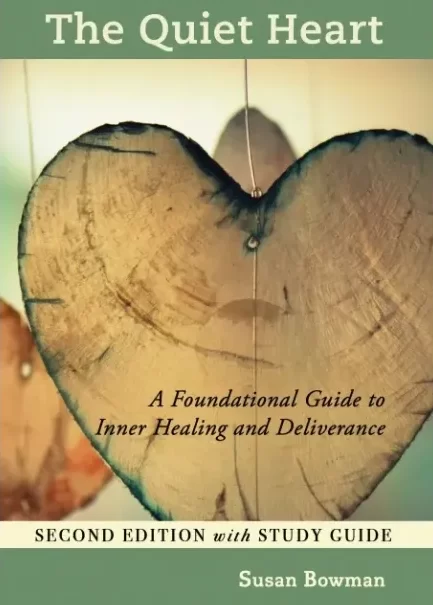 My plan is to write a third Heart book, exploring how our generational inheritance affects the formation of the heart-level belief system and, maybe, I’ll include what I have learned about spiritual realities. But until I tackle that project, I am writing scripts about the heart for future YouTube videos. A ministry much larger than mine has offered me a place on their YouTube platform. So that is exciting. The first Heart book: The Quiet Heart, is becoming popular as a Bible-study book for small groups in America and in other countries. Some of these groups have asked me to make guest appearances. That should be fun. Hopefully, The Performing Heart will also be used that way. It just came out in July. My prayer is that this understanding about the heart will become mainstream.
My plan is to write a third Heart book, exploring how our generational inheritance affects the formation of the heart-level belief system and, maybe, I’ll include what I have learned about spiritual realities. But until I tackle that project, I am writing scripts about the heart for future YouTube videos. A ministry much larger than mine has offered me a place on their YouTube platform. So that is exciting. The first Heart book: The Quiet Heart, is becoming popular as a Bible-study book for small groups in America and in other countries. Some of these groups have asked me to make guest appearances. That should be fun. Hopefully, The Performing Heart will also be used that way. It just came out in July. My prayer is that this understanding about the heart will become mainstream.
I’m currently writing a novel and I play to pitch it to literary agents and Christian publishing houses, but agents and publishing houses rarely take a chance on any themes that are outside the box. They are super conservative and have little faith that their readers will be interested in any fiction beyond formula adventure and romance. Maybe I shouldn’t say that out loud. We will see what happens there. Regardless, I am enjoying myself hugely writing this fun novel.
Find the author
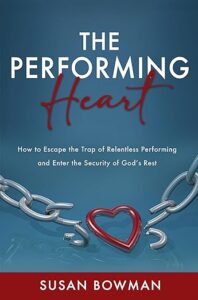 The Performing Heart: How to Escape the Trap of Relentless Performing and Enter the Security of God’s Rest
The Performing Heart: How to Escape the Trap of Relentless Performing and Enter the Security of God’s Rest
Are you tired of performing for acceptance? Sick of being an approval junkie and people pleaser? Exhausted from carrying everyone’s burdens while ignoring your own needs? Sounds like you are ready for the freedom and rest found in The Performing Heart. Journey with Susan Bowman, minister of inner healing and deliverance, as she skillfully guides you on an exploration of the secrets hidden within your heart. You will discover the reasons behind performance-based behaviors and how to escape their grip. Step-by-step and prayerful instructions will gently lead you into God’s promised rest. You can be free. You can rest.


